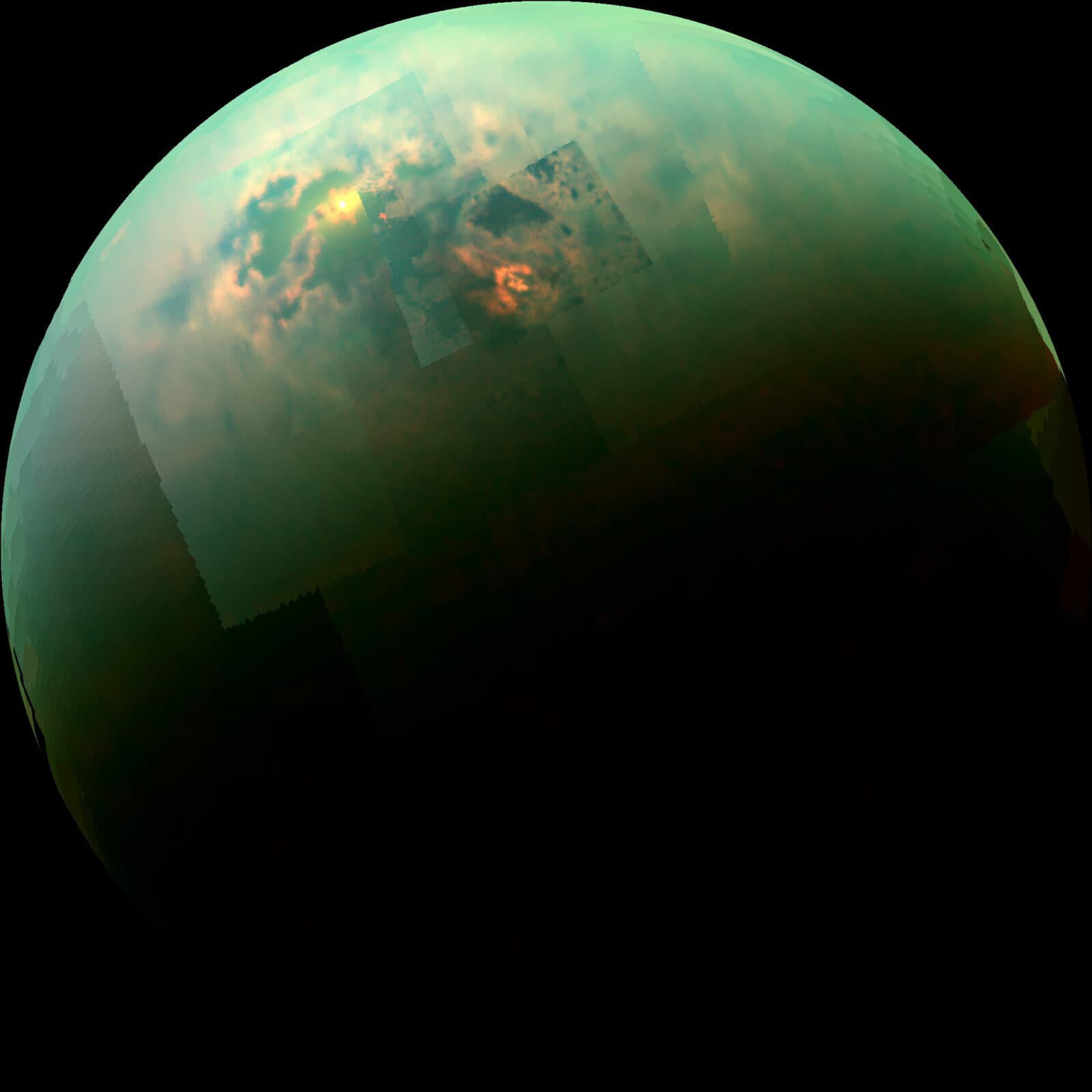Spotlight Live: Microbes and the Search for Extraterrestrial Life
by Lindsay Borthwick
How the science of extremophiles is driving the search for life on other planets.

The Author
The Researchers
Within 10 years, scientists at NASA and elsewhere are aiming to send life-seeking robots to Mars and to Saturn’s icy moon Enceladus. But first they must decide where to look, what evidence of life to look for and how to detect it.
To answer those questions, they’ve turned to “extremophiles,"— microorganisms that inhabit the Earth’s most hostile environments. By stretching the limits of life on this planet, these organisms are improving the odds that faraway places thought to be uninhabitable may harbor it, too.
Armed with new knowledge about how microbes persist even in the Earth’s harshest environments, Jocelyne DiRuggiero and Chris McKay discuss how that is influencing the next missions to search for life in our solar system.
About the Participants
- JOCELYNE DIRUGGIERO, PhD is Associate Research Professor in the Department of Biology at Johns Hopkins University in Baltimore and a member of the University’s Institute for Planets and Life. She studies how microorganisms adapt to extreme environments and what that can teach us about searching for life on other planets.
- CHRISTOPHER McKAY, PhD is a senior scientist in the Space Science and Astrobiology Division at NASA Ames Research Center who studies life in Mars-like environments on Earth and plans missions to search for evidence of it.
- LINDSAY BORTHWICK (moderator) has been working as a science journalist for more than a decade and holds a Master’s degree in neuroscience.
Your Questions
- What are the most extreme places on Earth you have visited and what microbes were there? (2:20)
- What are the new frontiers for extremophiles? (4:05)
- What kind of microbes might we expect to find on Enceladus and are there any analogous environments on Earth? (7:25)
- How does studying microbes on Earth influence the planning of space missions? (9:45)
- Are there any instruments that are currently ready for a mission? (11:05)
- What kind of signatures on exoplanets might suggest life? (12:20)
- Could life be transferred between planets through asteroid impacts? (14:15)
- Is there optimism that life still exists on mars? (15:40)
- Could Titan, Saturn's moon, support life? (16:30)
- Why do microbes form communities and could this tendency help us find life elsewhere? (18:05)
- How does the human microbiome research help us with the search for extraterrestrial life? (20:20)
- Why is the microbiome of astronauts of interest? (23:15)
- Do we worry about planetary microbial contamination? (25:20)
- What are the new missions that may be launching in the near future? (27:55)
- Will the question of extraterrestrial life be answered within our lifetime? (29:15)